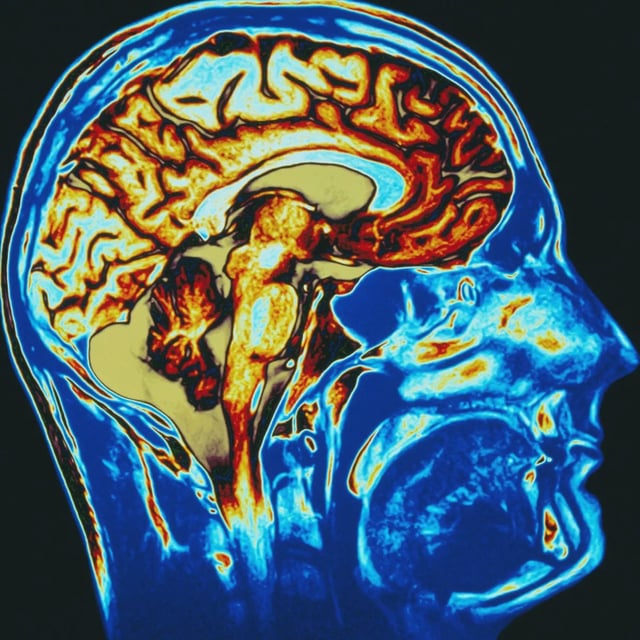Overview
- A series of papers published in *Brain Medicine* formalizes the hypothesis that microplastics from ultra-processed foods (UPFs) may be a key factor in rising global rates of depression, anxiety, and dementia.
- Microplastics, which can cross the blood-brain barrier, are accumulating in the brain at levels comparable to a plastic spoon, with higher concentrations observed in dementia patients.
- UPFs, which now make up more than 50% of dietary energy intake in countries like the U.S., contain significantly higher microplastic loads than minimally processed foods, such as chicken nuggets versus chicken breasts.
- Researchers propose the development of a Dietary Microplastic Index (DMI) to measure exposure and call for further studies to confirm causation and explore therapeutic removal techniques like apheresis.
- The findings highlight overlapping mechanisms by which microplastics and UPFs harm mental health, including inflammation, oxidative stress, and neurotransmitter disruptions.



